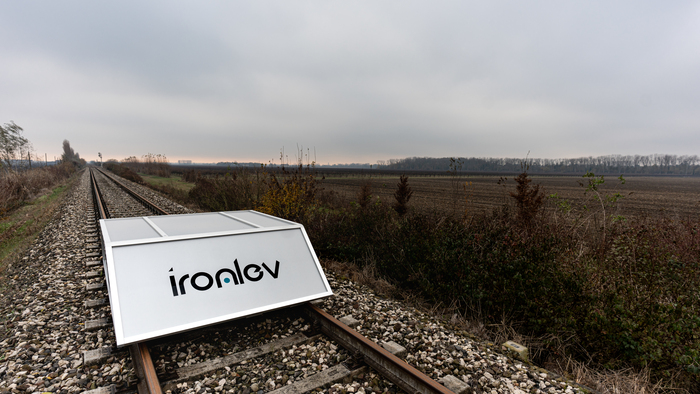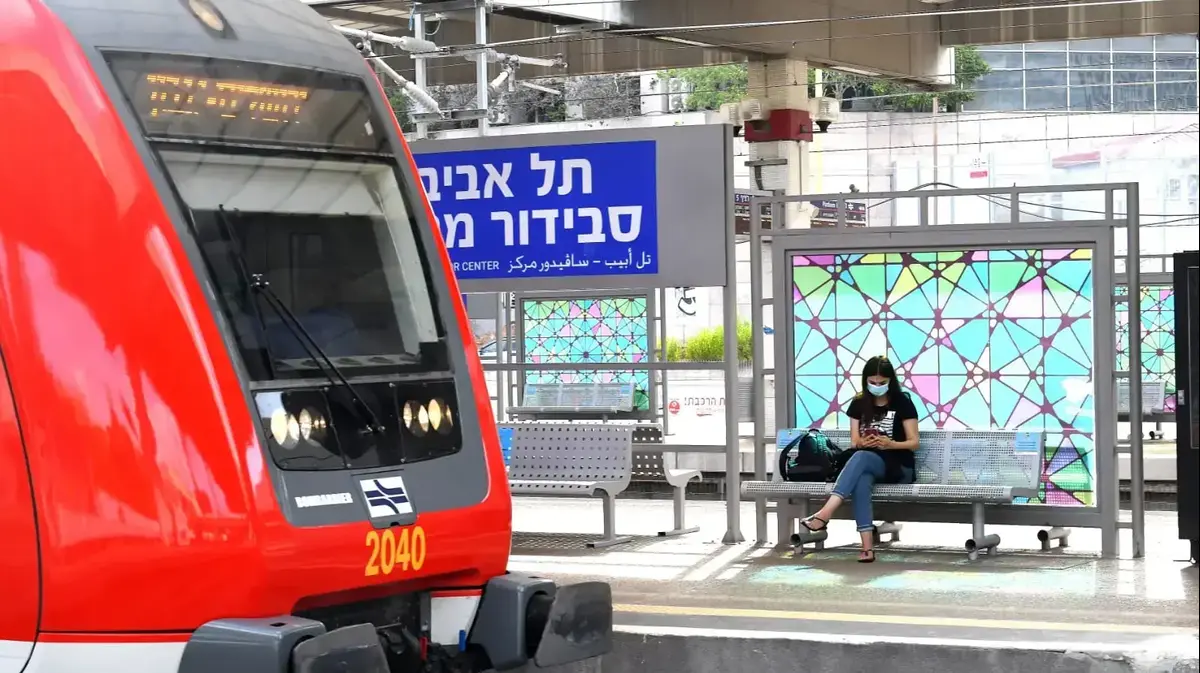Will the train noise at Gmund Station soon be over?
The new wheel flange lubrication system that the Tegernsee Bahn installed there seems to be helping.
The test operation is running.
Gmund / Holzkirchen
- It's such a thing with the lubrication of rails.
On the one hand, the friction of the train wheels on the tracks and thus the unpleasant squeaking for the residents of the railway lines is reduced.
On the other hand, an overdose can quickly become slippery when braking or accelerating.
"Then the trains will no longer come up Gmunder Berg," says Arno Seeger, operations manager and supervisory board member of the Tegernsee-Bahn operating company.
A good compromise now seems to have been found in Gmund's train station.
In the middle of last week, two stationary anti-noise systems went into a three-month test operation.
The first impressions are promising, emphasizes Seeger.
At least subjectively, the squeaking has decreased significantly.
"It sounds good."
The citizens' initiative “Endstation Lint” also reports a “considerable reduction in noise and vibrations in buildings”.
The initiators would therefore like to thank Seeger and the mayors Johannes Hagn (Tegernsee) and Alfons Besel (Gmund) as well as District Administrator Olaf von Löwis, who made this test phase possible.
The system from the Slovenian company Elpa is used worldwide to noticeably reduce “noise hotspots” in the rail network.
Technical solution reduces noise and wear
The highlight lies in the composition of the agent, which is applied to the tracks via the wheel flange lubrication system, explains Seeger.
This contains graphite and thus has a higher solid content than fat, for example.
At the same time, it reduces the coefficient of friction even further than the classic grease and prevents increased wear at the same time.
The maintenance costs are also kept within limits.
According to Seeger, the containers only need to be filled with the special agent every four to six months.
If the system continues to prove itself in the test, think about a fixed installation of the systems, which cost between 50,000 and 70,000 euros, at the neuralgic points in the network of the Tegernsee Bahn, explains the operations manager and supervisory board.
The citizens' initiative sees "further urgent need for action on the part of the BRB in order to finally raise rail operations in the Oberland to a level that is tolerable for all citizens".
Should the announced test of the so-called absorbers on the train wheels actually reduce the screeching of the railcars, "all BRB trains of the Lint 54 type would have to be converted immediately".
Also read: Eight level crossings in Fischbachau are to be defused
Test operation of sound absorbers is to start at the end of April
The first set with 16 wheels on eight axles has now been produced, the technical director of the BRB, Arnolf Schuchmann, informed our newspaper when asked.
Retrofitting the wheels that are already in use is not possible.
According to the manufacturer, the groove for the sound-absorbing effect of the absorber rings can only be milled during production.
Because a new approval is still required after installation, the documents required for the report have already been submitted to the Federal Railway Authority.
At the end of April, the test vehicle should then be on the road in normal fleet operation in order to initiate the experience for the complete conversion of all trains, explains Schuchmann.
The BRB will not be able to cover the costs without subsidies, says managing director Fabian Amini.
But if the technology proves itself, it will certainly not fail because of the financing.
According to Schuchmann, the equipment for the test vehicle, in which the Bavarian Railway Company (BEG) will have a 75 percent share, gives hope.
Amini clearly rejects the repeated criticism that the BRB would only act hesitantly and only after public pressure against the noise.
"We have been working on a technical solution to the problem for months." It is understandable that the implementation on the vehicles takes longer than stationary on the track.
The installation of the system by the Tegernsee Bahn is of course welcomed, emphasizes Amini.
As reported, the BRB itself proposed this to the problem at the round table.
“Ultimately,” says the managing director, “we are all working towards the same goal”.
so-called















